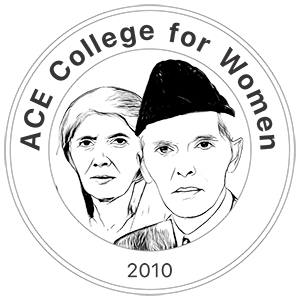Distraction or Dependence? Exploring the Effects of Smartphone Overuse on Student Creativity and Learning
| Received 23 Mar, 2025 |
Accepted 11 Jul, 2025 |
Published 23 Jul, 2025 |
Smartphones have become essential tools in higher education, offering students instant access to academic resources, communication platforms, and productivity applications. However, this widespread accessibility has also raised growing concerns about overuse, dependency, and cognitive fatigue. This study explores the complex impact of smartphone overuse on university students’ creativity, concentration, and academic performance. Using a cross-sectional survey of 200 undergraduate students aged 18-25 from diverse academic backgrounds, the study assessed usage patterns, cognitive effects, and academic outcomes. Data were analyzed using SPSS version 25, applying descriptive statistics, Pearson’s correlation, and One-way ANOVA at a 5% significance level. Results revealed that 74% of students used smartphones for over five hours daily, and 61% reported regular use during study sessions or lectures, often for non-academic purposes. Social media and entertainment apps dominated screen time, while educational tools were used significantly less. A statistically significant negative correlation (r = -0.41, p<0.05) was found between smartphone use and GPA, with high-use students averaging a GPA of 2.7 compared to 3.3 for moderate users. Creativity scores, based on a Torrance-inspired self-report scale, were 21% lower among heavy users, who also reported mental fatigue, procrastination, and difficulty engaging in creative academic tasks. Gender and disciplinary differences further influenced usage behavior and academic outcomes. The findings underscore the paradox of smartphone use in academia: while digital tools enhance access to learning, their unregulated use may hinder deep focus and reduce cognitive flexibility. The study concludes with evidence-based recommendations for students, educators, and institutions to foster mindful smartphone use, establish tech-free study practices, and implement campus-wide digital wellness initiatives to support cognitive health and academic success.
How to Cite this paper?
APA-7 Style
Ali,
M.M., Saher,
S. (2025). Distraction or Dependence? Exploring the Effects of Smartphone Overuse on Student Creativity and Learning. Trends in Social Sciences, 1(1), 35-40. https://doi.org/10.21124/tss.2025.35.40
ACS Style
Ali,
M.M.; Saher,
S. Distraction or Dependence? Exploring the Effects of Smartphone Overuse on Student Creativity and Learning. Trends Social Sci 2025, 1, 35-40. https://doi.org/10.21124/tss.2025.35.40
AMA Style
Ali
MM, Saher
S. Distraction or Dependence? Exploring the Effects of Smartphone Overuse on Student Creativity and Learning. Trends in Social Sciences. 2025; 1(1): 35-40. https://doi.org/10.21124/tss.2025.35.40
Chicago/Turabian Style
Ali, Maira, Munawar, and Sabeen Saher.
2025. "Distraction or Dependence? Exploring the Effects of Smartphone Overuse on Student Creativity and Learning" Trends in Social Sciences 1, no. 1: 35-40. https://doi.org/10.21124/tss.2025.35.40

This work is licensed under a Creative Commons Attribution 4.0 International License.




